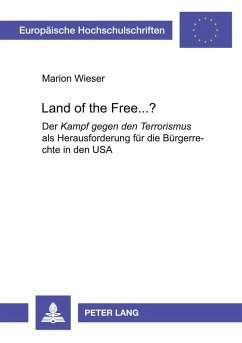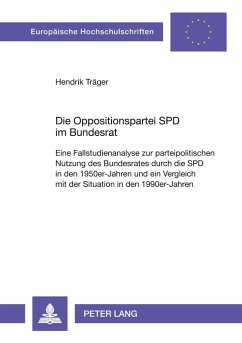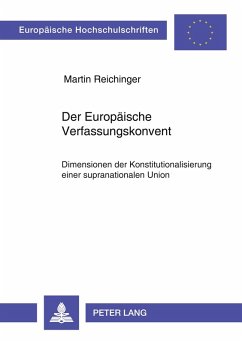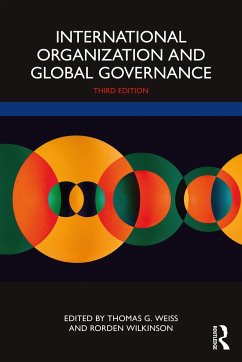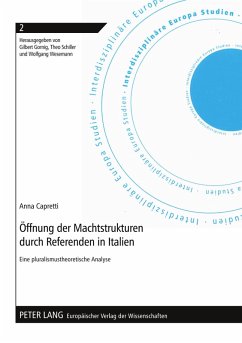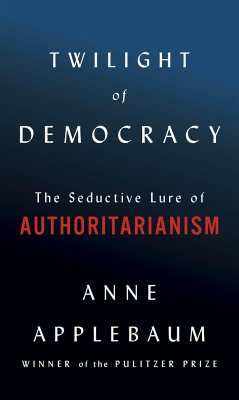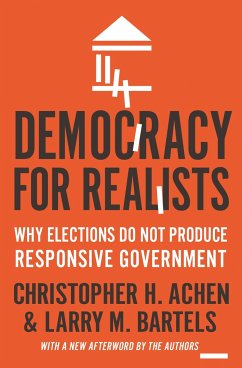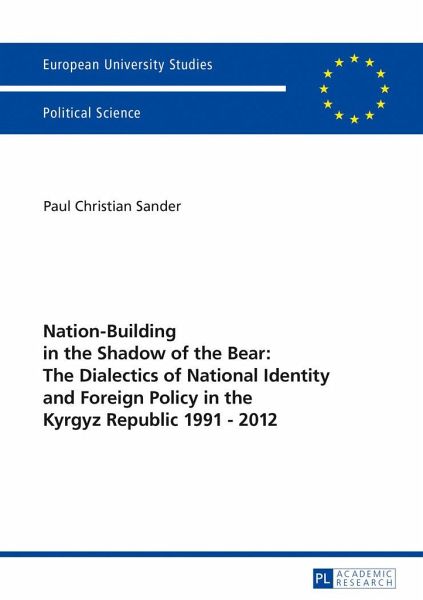
Nation-Building in the Shadow of the Bear: The Dialectics of National Identity and Foreign Policy in the Kyrgyz Republic 1991-2012
Versandkostenfrei!
Versandfertig in 1-2 Wochen
33,10 €
inkl. MwSt.

PAYBACK Punkte
0 °P sammeln!
Since 1991, Kyrgyzstan's leaders have pursued a post-Soviet national identity. Their concepts failed to consolidate the country's multi-ethnic society, and continuously antagonize civic values and ethnic myth. The author applies international relations theory to frame Kyrgyzstan's identity crisis: The ruling elite has to manage tensions between their strong dependency on Russia as main donor and security provider and domestic challenges in their pursuit of a national identity. A legitimate national identity must represent both the foreign policy interests of the country and the demands of the ...
Since 1991, Kyrgyzstan's leaders have pursued a post-Soviet national identity. Their concepts failed to consolidate the country's multi-ethnic society, and continuously antagonize civic values and ethnic myth. The author applies international relations theory to frame Kyrgyzstan's identity crisis: The ruling elite has to manage tensions between their strong dependency on Russia as main donor and security provider and domestic challenges in their pursuit of a national identity. A legitimate national identity must represent both the foreign policy interests of the country and the demands of the Kyrgyz majority and ethnic minorities for representation. The Kyrgyz case unveils the complex dialectics of domestic pressure and external interests that have defined post-Soviet nation building in Russia's near abroad.





